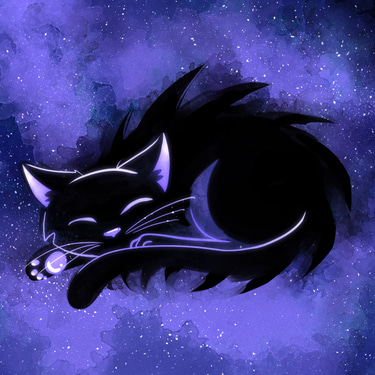GameLit
At this point in history everyone has a fairly good grasp on what “fantasy” is. However, much like anime and cake, what was once considered a genre is now more of a medium.
We have fantasy-romance, where you’ll find lots of women being kidnapped by werewolves and/or vampires.
We have fantasy-scifi, where the authors give up trying to explain how The Force is scientifically possible and embrace the telepathy.
And we have fantasy-gamelit, where there are a handful of base magic systems to choose from so the author can focus on characters and worldbuilding.
To summarize what I’m about to explain, GameLit is Literature with Game elements.
So, way back in 2009 a man wrote a series of light novels called Sword Art Online. In this series, a teenage boy gets his consciousness trapped in a video game. That teenager happens to be the best video game player ever, and he must use his skillz to save everyone (including the multiple women who fall in love with him).
This series became very popular. It got an anime adaptation in 2012, and the anime became insanely popular.
As with any insanely popular thing, people immediately started copying it. Thousands of people started writing stories about teenagers who are the greatest video gamers ever getting trapped in games or game-like settings.
And thus, GameLit was truly born.
Sword Art Online copied the mechanics of a MMORPG, so many people did the same.
Some people made their stories unique by having magic systems based off card games like Pokémon or Magic: The Gathering.
Some people made their stories unique by having Earth be the base setting with a game system suddenly appearing.
Some people made their stories unique by copying dungeon crawler games. And then people started making their protagonists the dungeon.
Some people explain how the video game mechanics first appeared in the world. Most don't bother.
Some people focus on how the system works, how it quantifies things. Most don't bother.
The main benefit of GameLit is, the basic concepts behind the stories are familiar to people who enjoy gaming. I've used the terms “MMORPG”, “dungeon crawler” and “Magic: The Gathering”. If you know what those all mean without having to look them up, you’re in the right place! This is the subgenre for you!
If you don't, I'm sorry but you’re gonna be kinda lost.
Thing is, thanks to video and tabletop games there are terms and expectations associated with RPGs and dungeon crawlers and deck builders. Authors use those expectations to their advantage. They assume readers already know terms like HP and Stat Screen, so they can skip explaining a whole new magic system and get straight to the fun parts of the story.
GameLit is, in my view, a shortcut through magic systems. Writers and readers of this genre don't need explanations the same way other fantasy subgenres do. Things can be easily handwaved because the audience already expects to understand those things.
Other subgenres have to explain how their characters acquire and use magic. This subgenre says “Carl blinked, suddenly seeing a blue box that read [23/40 mana]. This explained the fire which had just come from his hand”, and the audience goes “ah, 17 mana per fireball, he can do that one more time then, I wonder how quickly mana regenerates”.
It’s beautiful.
Yes, it does impose some limitations, but the tradeoff is an audience pre-programmed with a near-intuitive understanding of your magic system.
And I love it.

